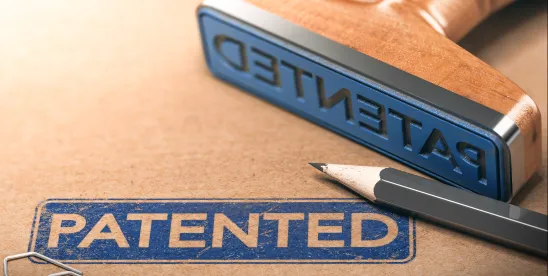Addressing a final determination by the US International Trade Commission of no violation of § 337, the US Court of Appeals for the Federal Circuit affirmed that the complainant had not satisfied the economic prong of the domestic industry requirement because it relied on aggregated evidence of investments across different products protected by different patents. Zircon Corp. v. ITC, Case No. 22-1649 (Fed. Cir. May 8, 2024) (Lourie, Bryson, Stark, JJ.)
In 2020, Zircon filed a complaint seeking a § 337 investigation based on alleged infringement of four patents covering electronic stud finders. The Commission instituted an investigation, naming Stanley Black & Decker as the respondent. Zircon withdrew one patent during the investigation and, in late 2021, the administrative law judge (ALJ) issued an initial determination finding no violation of § 337. The ALJ found some claims of one of the three patents to be valid and infringed but held that Zircon had failed to establish the economic prong of the domestic industry requirement because it had aggregated its investments across all 53 of its practicing products, of which only 14 practiced all three patents. On review, the Commission affirmed the finding of no violation, holding that all claims were either invalid or not infringed. The Commission also affirmed the domestic industry finding, holding that the aggregation prevented it from evaluating the significance of Zircon’s investments with respect to each of the three asserted patents. Zircon appealed.
The Federal Circuit affirmed on the basis that Zircon failed to meet the second prong of the domestic industry requirement. The Court explained that where different groups of products practice different patents, the complainant must separately establish a domestic industry for each group of products. The Court agreed with Zircon that such a showing might not necessarily require breaking out investments on a per-patent basis but concluded that the complainant must ultimately show that the domestic industry requirement is met for each asserted patent. Because the Federal Circuit upheld the finding of no domestic industry, it found it unnecessary to reach the infringement and invalidity rulings.




 />i
/>i
